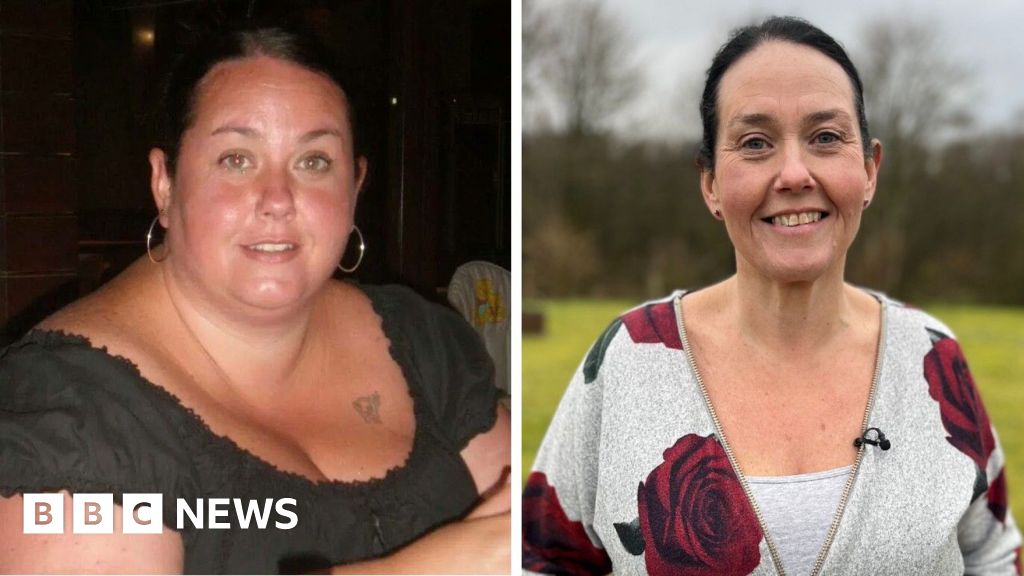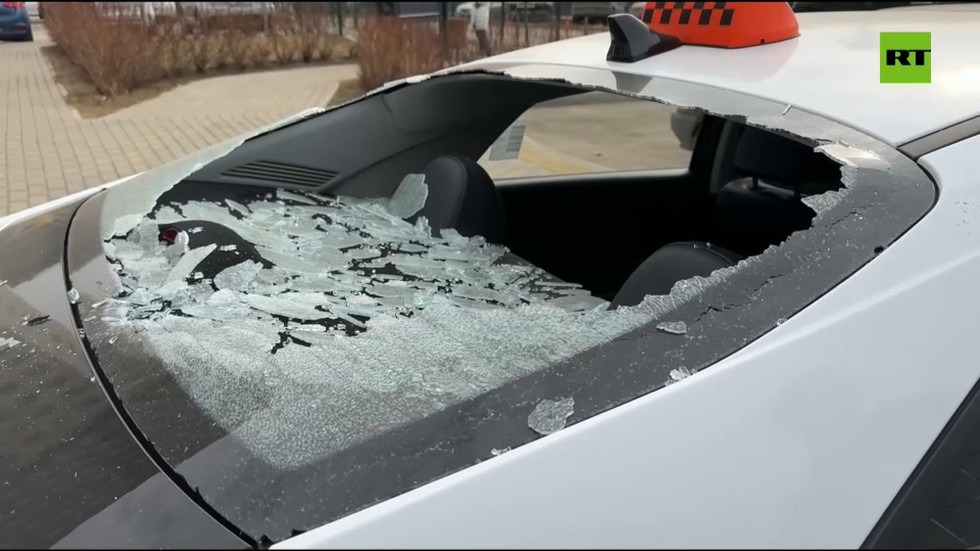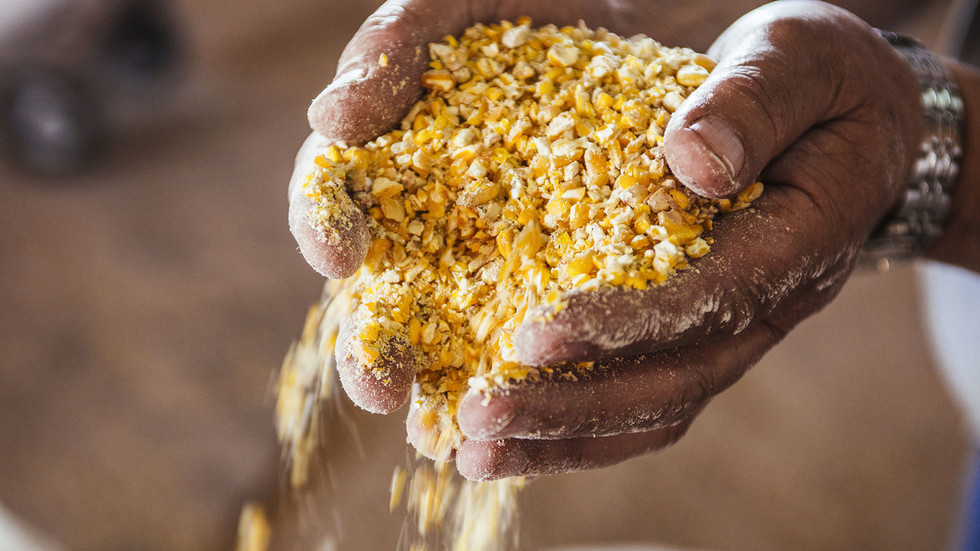Moscow battered eastern Ukraine with drones as the two countries marked their third Orthodox Easter at war.
Ukraine and Russia have marked their third Easter under a rain of bombs and bullets.
Speaking on the holy day, Ukrainian President Volodymyr Zelenskyy called God an “ally” in his country's struggle against Russia's full-scale invasion.
He urged Ukrainians to unite in prayer, vowing that "life will definitely win over death."
On Saturday, worshippers including President Vladimir Putin attended Moscow’s landmark Christ the Savior Cathedral for a nighttime Easter service led by Patriarch Kirill, head of the Russian Orthodox Church.
Kirill, a fervent Kremlin supporter, wished for “God’s blessing over Russia,” its people and all countries where the church has a presence.
He avoided political statements - in contrast to last April when Kirill expressed sorrow at the “grave events taking place on our Russian historical land.”
This statement drew condemnation as it reinforced the Kremlin narrative that Ukrainian statehood is essentially a fiction.
As the two countries marked their third Easter at war, Russia launched a barrage of drones at Ukraine's east, where conditions on the frontline are deteriorating.
Ukraine’s air force reported on Sunday that Moscow fired 24 Shahed (martyr) drones - it said air defences intercepted all but one.
Six people, including a child, were wounded in a drone strike in the eastern Kharkiv region, according to regional Governor Oleh Syniehubov.
Most churches in the West mark Easter on 31 March, but the Russian Orthodox Church follows a different calendar.
A majority of Ukrainians identify as Orthodox Christians, though the church is divided. Many belong to the independent Orthodox Church of Ukraine. The rival Ukrainian Orthodox Church was loyal to the patriarch in Moscow until splitting from Russia after the 2022 invasion.
It is viewed with suspicion by many Ukrainians.
Putin has continually presented himself as a defender of “traditional values” held by the Russian Orthodox Church in the face of what he repeatedly casts as the West’s “degrading” influence.
The country has increasingly taken a conservative turn, with attempts to restrict abortion and broad anti-LGBT policies, which have been supported by the Church.

 10 months ago
40
10 months ago
40









